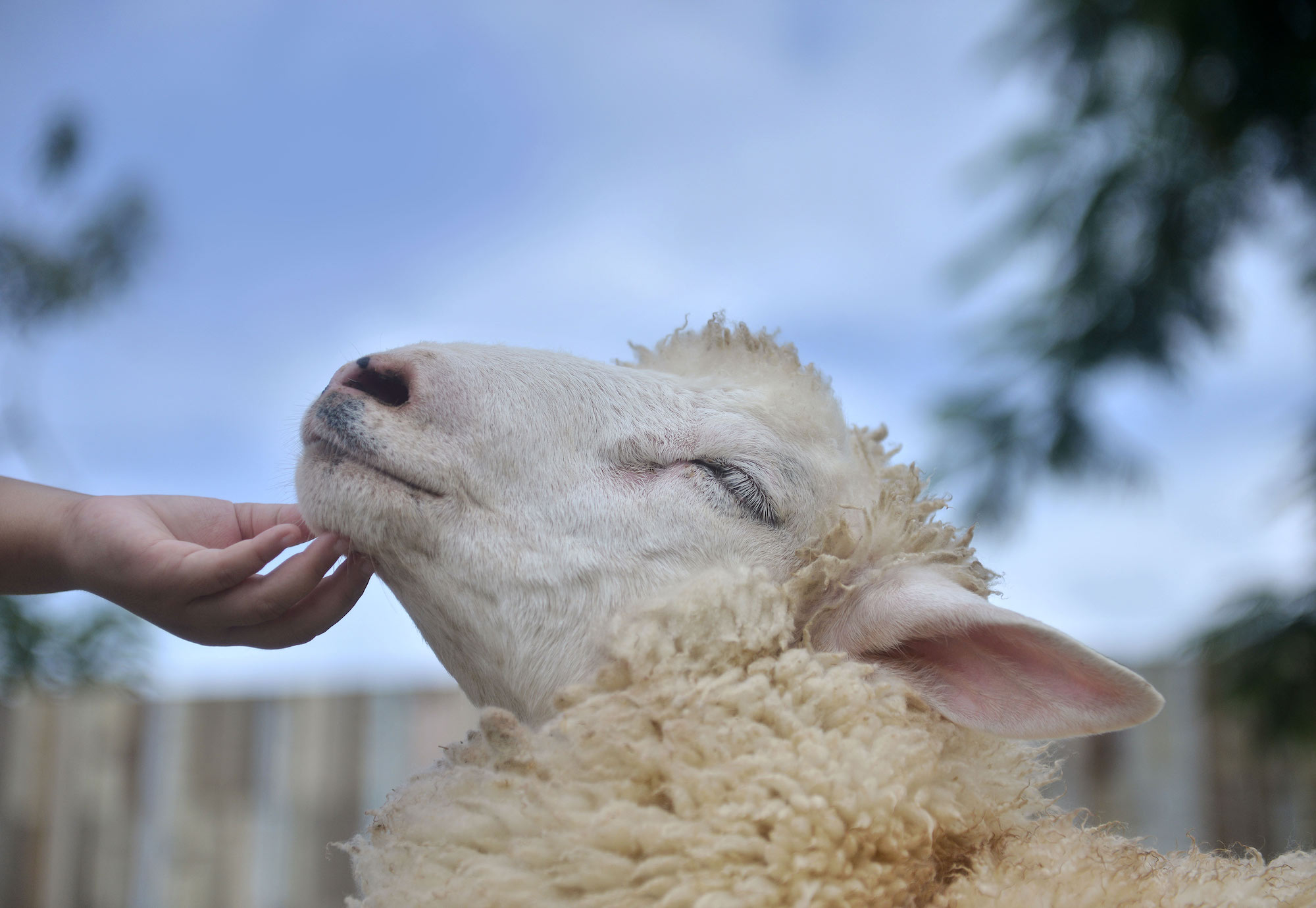There is no definitive answer to this question as different sheep will have different levels of affection. Some sheep may enjoy being petted and spending time with their owner, while others may not be as fond of physical contact. However, all sheep need some level of social interaction and emotional connection in order to stay healthy, so it is likely that at least some sheep do feel affection towards their caretakers.
Do Sheep Feel Affection?
The jury is still out on whether sheep feel affection. Some scientists believe that they do, while others are not so sure.
However, there is some evidence to suggest that sheep may indeed form close bonds with one another.
For example, studies have shown that sheep prefer to spend time with familiar individuals over strangers. They also tend to follow a leader within their flock, and this leader is often someone with which they have formed a close bond.
Additionally, when separated from their flockmates, sheep will often become stressed and agitated.
So, while we cannot say for certain whether or not sheep feel affection, it seems likely that they do form close relationships with one another. And given how social these animals are, it makes sense that they would need to rely on strong bonds within their flock in order to survive and thrive.
Why Do Sheep Stare at You
When you see a sheep staring at you, it can be a bit disconcerting. After all, they’re not exactly known for being the most intelligent animals on the planet. So why do they do it?
There are actually a few reasons why sheep stare at people. One is that they’re curious creatures by nature and want to know more about you. Another possibility is that they’re trying to figure out if you’re friend or foe.
And finally, it could simply be that they find you interesting and want to learn more about you.
So next time you see a sheep staring at you, don’t be alarmed. They’re just trying to figure out who you are and what your deal is.
And who knows, maybe they’ll even come to like you after awhile!

Credit: animalsaustralia.org
How Do Sheep Show Affection?
There are many ways in which sheep show affection. One way is through physical contact such as nuzzling, head-butting or leaning against each other. Another way they express affection is by vocalizing to each other, bleating in a soft, high-pitched tone when they’re content or happy.
Finally, sheep also show their love and appreciation for one another through grooming behaviors like licking or nibbling on each other. All of these behaviors serve to strengthen the bond between two individuals and create a close-knit flock community.
Do Sheep Like Being Petted?
Yes, sheep like being petted. They are social animals and enjoy physical contact with other animals and humans. Petting a sheep can help to build a bond between the animal and the person, and it can also help to calm the sheep down.
Do Sheep Get Attached to People?
Yes, sheep can get attached to people. If a person takes care of a sheep and spends time with it, the sheep will likely form a bond with that person. The bond between a sheep and a human is not as strong as the bond between two humans, but it is still there.
When a person treats a sheep well, the sheep will remember that person and may even follow him or her around.
Why Do Sheep Run Towards You?
There are a number of reasons why sheep might run towards you. If they have been well-trained, they may be coming to you for food or attention. Or, if they’re feeling threatened or scared, they may be running to you for protection.
Sometimes, sheep will even run towards you out of curiosity!
Rescue Lambs Love To Hop Around Their Parents' House | The Dodo
Conclusion
When it comes to showing affection, sheep are often thought of as being at the bottom of the totem pole. But new research suggests that sheep may actually be more emotionally complex than we give them credit for.
In a recent study, scientists found that sheep can form strong bonds with one another and show signs of distress when separated from their flock mates.
They also found that sheep are more likely to approach and interact with familiar individuals, which suggests they can recognize individual faces.
So what does all this mean for our woolly friends? It shows that they are capable of feeling deep emotions like love and happiness, and should be treated with compassion and care.